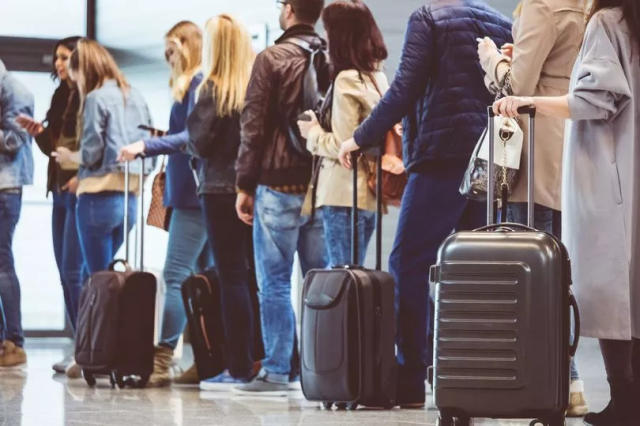newtownrrt.org – The allure of adventure travel often leads intrepid souls to the farthest corners of the globe, where the thrill of the unknown beckons. However, for some, the quest for adventure extends beyond the beaten path, into territories fraught with danger and unpredictability. This is the realm of The Volatile Voyage, where traveling through dangerous countries becomes a test of resilience, caution, and sometimes, sheer luck.
The Lure of the Forbidden
Dangerous countries, often marred by political instability, conflict, or high crime rates, hold a peculiar fascination for certain travelers. The desire to witness firsthand the realities of life in such places, to experience the adrenaline rush of navigating through them, or to simply say they’ve been there, drives these adventurers forward. Countries like Afghanistan, Syria, Yemen, and parts of Africa and South America, which frequently appear on “no-go” lists issued by various governments, are the destinations of choice for these daring souls.
Preparation is Key
Embarking on a volatile voyage requires meticulous preparation. Travelers must research extensively, understanding the nuances of the political and social climate of their destination. This includes identifying safe zones, understanding local customs and laws, and planning for emergency scenarios. It’s also crucial to have a reliable network of contacts on the ground, including embassies, local guides, and other travelers who have previously navigated the area.
Safety Measures
Safety is paramount when traveling through dangerous countries. This means keeping a low profile, avoiding demonstrations or areas of conflict, and being aware of one’s surroundings at all times. Travelers should also consider their mode of transportation carefully, opting for the safest options available, even if they are more expensive. Personal security devices, such as GPS trackers, and keeping a detailed itinerary with someone trustworthy back home are other essential precautions.
The Psychological Toll
Beyond the physical dangers, traveling through dangerous countries can take a psychological toll. Witnessing poverty, violence, and the aftermath of conflict can be distressing. It’s important for travelers to be prepared for these encounters and to have strategies for coping with the emotional impact, such as speaking with a mental health professional before and after the trip.
The Ethical Dimension
The decision to travel through dangerous countries also raises ethical questions. Is it exploitative to visit places in turmoil for the sake of adventure? How can travelers ensure they are respecting the local population and not contributing to the exploitation of vulnerable communities? These are complex issues that require thoughtful consideration and a commitment to responsible travel practices.
The Rewards
Despite the risks, many travelers report profound experiences from their volatile voyages. They speak of deep cultural exchanges, a greater understanding of global issues, and a sense of personal growth that comes from facing and overcoming fear. These journeys can also inspire advocacy and support for the countries visited, helping to raise awareness about their plight.
Conclusion
The volatile voyage through dangerous countries is not for everyone. It requires a unique blend of courage, preparation, and ethical consideration. For those who undertake it, the experience can be life-changing, offering insights into the world that are impossible to gain from the comfort of home. Whether one views such travel as reckless or admirable, there’s no denying the bravery and resilience of those who dare to venture into the heart of darkness, seeking light.
